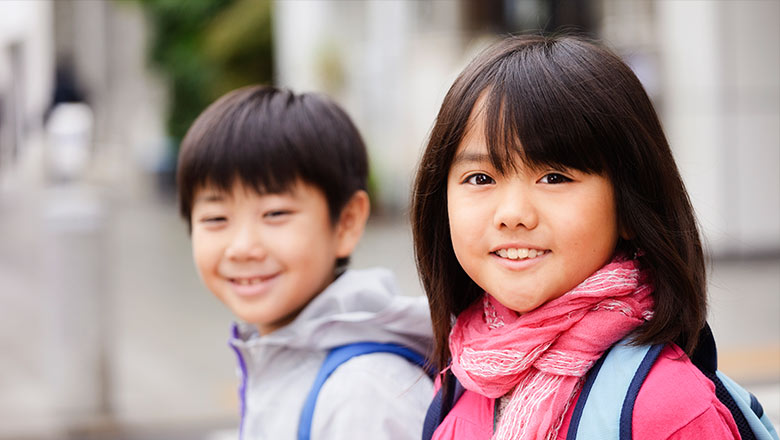Search

News & Events
Event: Getting it Right in the Early Years: Our Collective ResponsibilityHear from CoLab Director Professor Donna Cross as we provide an overview of the early childhood landscape and launch the CoLab Strategic Framework.

News & Events
Telethon champ visits The KidsTen year old Scott has been walking for Telethon since he was four years old and he's now raised a massive $100 thousand for Telethon.

News & Events
Australia’s first Autism Biobank to help improve early diagnosesA world leading Autism biobank has been officially launched in Australia today by the Minister for Health, the Hon Sussan Ley.

News & Events
Chronic illness affects young children’s school readinessResearchers from the The Kids Research Institute Australia and UWA have found that young children with a chronic disease are more likely to fall behind their peers in a wide

News & Events
Improving the lives of kids with Type 1 DiabetesDiabetes research got a huge boost when the WA Children’s Diabetes Research and Education Centre for Research Excellence opened late last year.

News & Events
The Kids researchers finalists in Premier’s Science AwardsThree outstanding The Kids Research Institute Australia researchers have been named finalists in the 2016 Premier's Science Awards

News & Events
Outstanding paediatrician and child health researcher named WA Australian of the Year finalistTelethon Kids Institute researcher Dr James Fitzpatrick has been named a finalist in the WA Australian of the Year awards for his work to reduce FASD.

News & Events
Video: Vinka Barunga joins The KidsVinka Barunga has made history by becoming the first Aboriginal doctor from Derby and she's also added The Kids researcher to her list of achievements.

News & Events
Maternal vaccination boosts battle against whooping coughThe Kids Research Institute Australia have welcomed the announcement by Health Minister Dr Kim Hames that whooping cough vaccination is to be provided free

News & Events
FASD resources for the justice systemResearchers at The Kids Research Institute Australia have developed a range of new resources to help lawyers, judicial officers and other justice professionals
